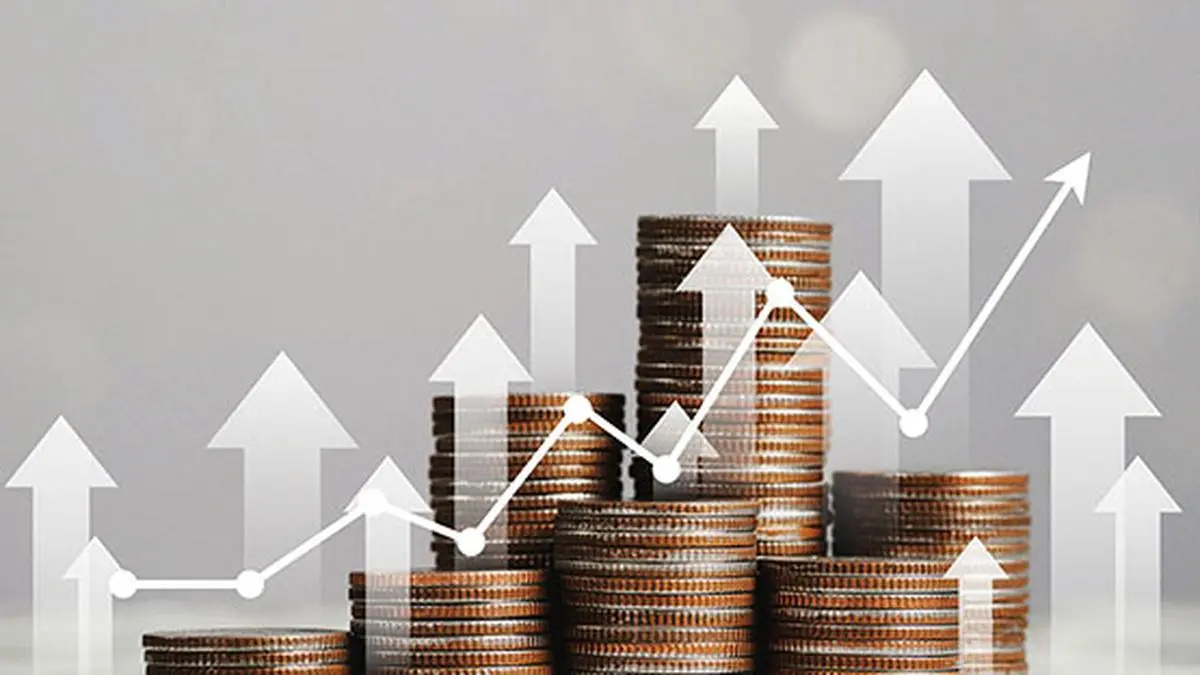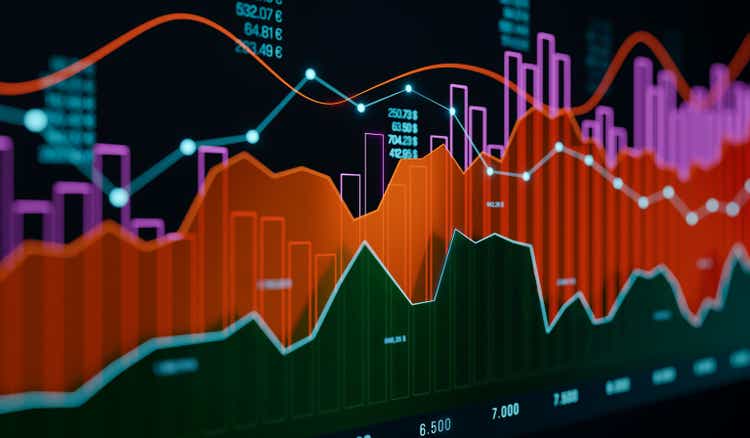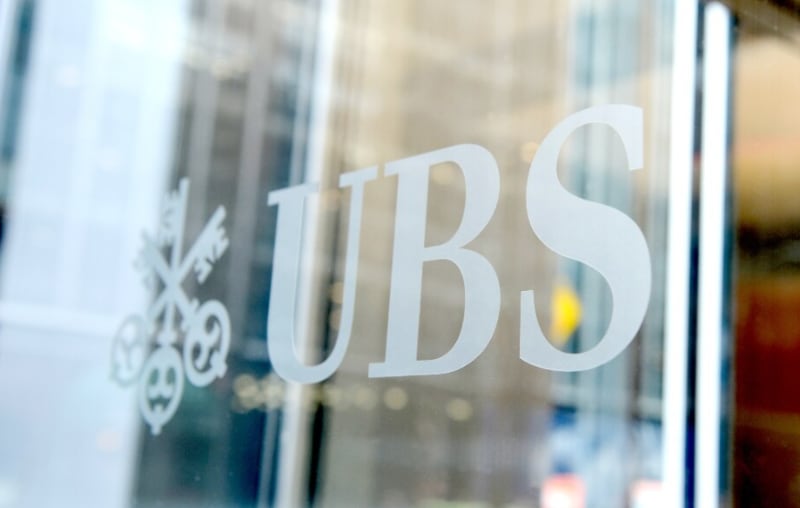The first month of 2023 has been relatively kind to the stock market, at least compared with 2022. The S&P 500 is up about 4.6% since the beginning of the year.
The Federal Open Market Committee, or FOMC, meeting could add to that positive momentum — or derail it. That depends on how much the committee raises interest rates.
What is the FOMC, and why is it raising interest rates?
The FOMC is a group of Federal Reserve officials responsible for setting benchmark interest rates. The committee meets at least eight times a year, and after each meeting, it announces a new interest rate target in an effort to keep inflation and employment steady.
The next FOMC meeting starts Tuesday, Jan. 31, and ends Wednesday, Feb. 1. The committee is expected to continue raising interest rates after seven consecutive increases last year.
The Fed is raising rates to try to get inflation under control, according to Mark Gibson, an associate professor of economics at Washington State University.
“By raising interest rates, the Fed is aiming to curtail borrowing by businesses and consumers — thereby causing a decline in overall economic activity,” Gibson says. The idea is to bring down inflation by reducing demand throughout the economy.
The catch, however, is that stock markets don’t like declines in overall economic activity — so they’re sensitive to interest rate increases.
What are markets expecting from this FOMC meeting?
Stock prices can show the markets’ expectations of future interest rates, Gibson says. A big drop in the lead-up to an FOMC meeting, for example, indicates that the markets are expecting a higher-than-average rate increase.
The S&P 500 traded up about 2.5% in the week before the January-February FOMC meeting. The market is expecting an increase of 25 basis points, or 0.25 percentage points, in the Fed’s target rate, Gibson says.
There’s a possibility the Fed could increase rates by 50 basis points, as it did after the last FOMC meeting, but a hike of 50 basis points seems unlikely, he says.
“We have seen some progress in terms of inflation coming down, so the thinking is that the Fed might now start to ease off its rate hikes. So that’s why the market is thinking that 25 basis points is more likely at this meeting,” Gibson says.
However, those expectations aren’t always correct — and markets can get volatile when they’re proven wrong.
“If markets are expecting a 25 basis point hike and it turns out to be a 50 basis point hike, that would be somewhat of a surprise. So markets would react negatively to that,” Gibson says.
How do rising interest rates affect the economy?
The increase in interest rates over the past year is intended to tamp down inflation, and there’s some evidence it’s working.
According to the Bureau of Labor Statistics, the consumer price index — a key inflation gauge — rose 6.5% year over year in December 2022. That’s lower than the 9.1% year-over-year increase the bureau recorded in June 2022, although it’s well above the Fed’s 2% target.
But when the Fed increases interest rates, it risks shrinking the economy too much and causing a recession — which is a possibility in today’s fragile economic climate.
“Most forecasters are expecting a recession sometime in the next year. That could be caused by a variety of factors, not just by Federal Reserve policy,” Gibson says.
How should you prepare for higher interest rates?
People can take several steps now to prepare themselves for higher interest rates, Marguerita Cheng, a certified financial planner and the founder of Gaithersburg, Maryland-based financial advisory firm Blue Ocean Global Wealth, said in an email interview.
“Continue contributing to your employer-sponsored retirement plans,” she said.
“Dollar-cost averaging and diversification can mitigate the impact of short-term volatility in the equity markets.”
Dollar-cost averaging means making small, frequent investments over time to ensure you’re not only buying in at high prices.
Cheng also recommended reducing debt, if possible.
“Pay [down] credit card debt and lines of credit with variable interest rates to avoid incurring higher finance charges and interest,” she said.
She also noted that “cash reserves are important” in times of economic volatility.
“Consider high-yield savings accounts, money market [accounts] and CD ladders. If appropriate, consider purchasing I-bonds,” Cheng said.
A lot is riding on the outcome of the FOMC meeting that concludes Wednesday. The degree to which the Fed raises interest rates has important implications for the stock market, inflation and the odds of a recession this year. Regardless of what the Fed does, Cheng and other advisors say that investing consistently, managing debt carefully and moving savings into high-yield accounts can help people get ahead of rising rates.







































